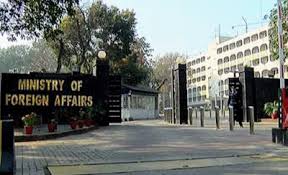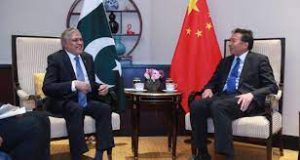Italy: Local union offers language lessons, gifts for migrant children

Rome: The Palermo branch of the FLC CGIL trade union confederation has resumed an initiative called ‘Scuola del Popolo’ (‘School of the People’) with giving gifts to children of immigrant families and offering them Italian language lessons.
The Palermo branch of the FLC CGIL trade union confederation resumed its initiatives for the “Scuola del Popolo” (School of the People”) on Friday, November 5, in the “Saloncino Bosco” of the Camera del Lavoro in Palermo (via Meli 5).
Named “Di Dono in Dono”, it was organized by the trade union confederation alongside the CGIL Palermo migration office, with the goal of giving toys and books to the children of immigrants in Palermo.
It will mark the first of several events that ‘Scuola del Popolo’ is organizing in the coming weeks.
“After a halt due to the pandemic, we are resuming and opening the doors of the Camera del Lavoro to children,” Palermo FLC CGIL chief Fabio Cirino said.
He noted that the event would also “be an opportunity to relaunch the Italian language course for foreigners. We had been ready to start it again but then the pandemic happened.”
“Through the ‘Di Dono in Dono’ initiative,” CGIL Palermo migration office chief Bijou Nzirirane said, “we are working with many migrant families in the city that are dealing with many difficulties.”
“The aim of the Scuola del Popolo is to interact ever more with the city and become an open place for cultural and social promotion, for discussion and debate for all citizens, as well as workers,” said Mario Ridulfo, CGIL Palermo chief.
“Beginning once more with children and speaking to their families is important to convey positive messages of solidarity, inclusion, rights, and respect for others, as well as lay the foundations for conscious growth and rejection of hate and violence… [T]he Scuola del Popolo, alongside the other services that CGIL is making available, is becoming a tool to help people struggling, listen to the needs of the most vulnerable parts of the population, create together paths for sharing and social and cultural integration and free courses of the Italian language for migrants as way to facilitate their integration into the city.”





